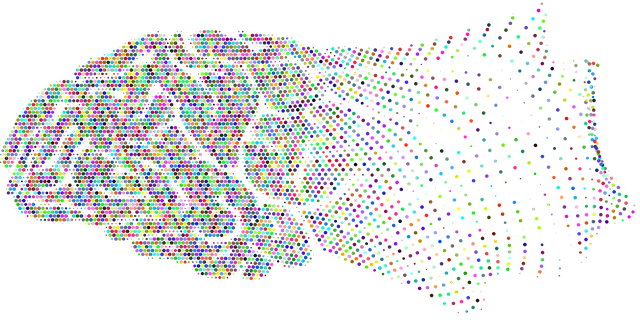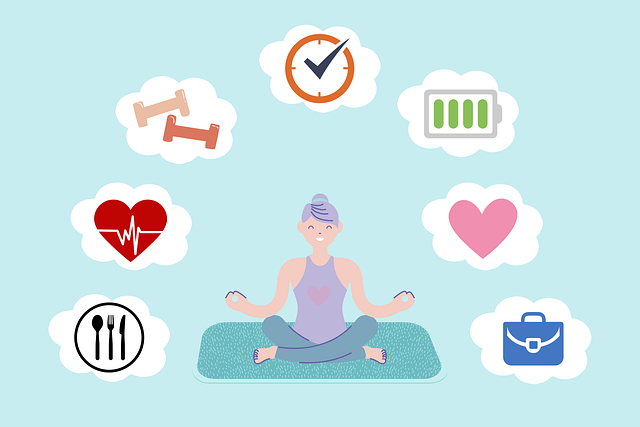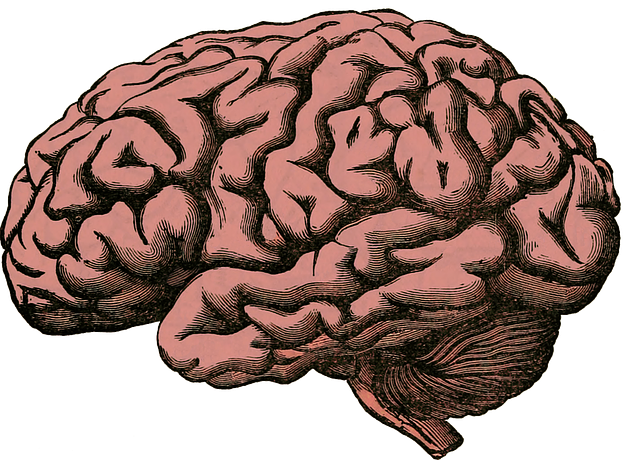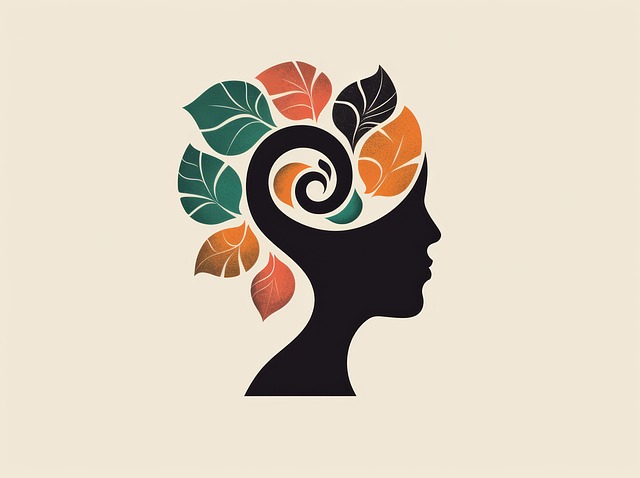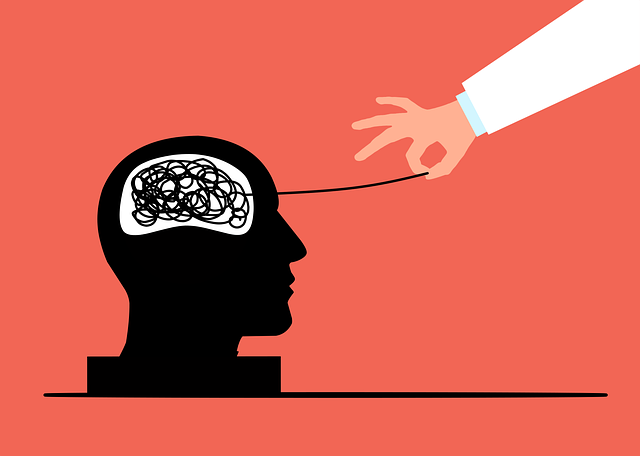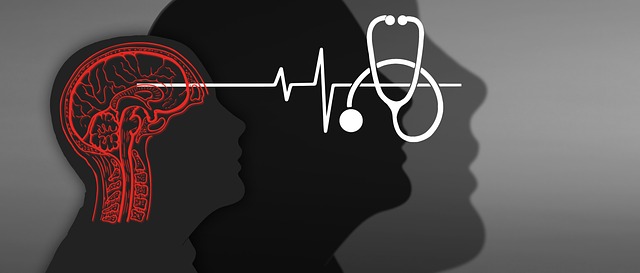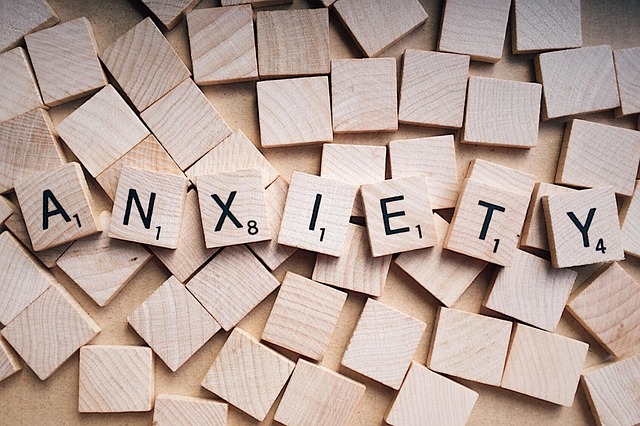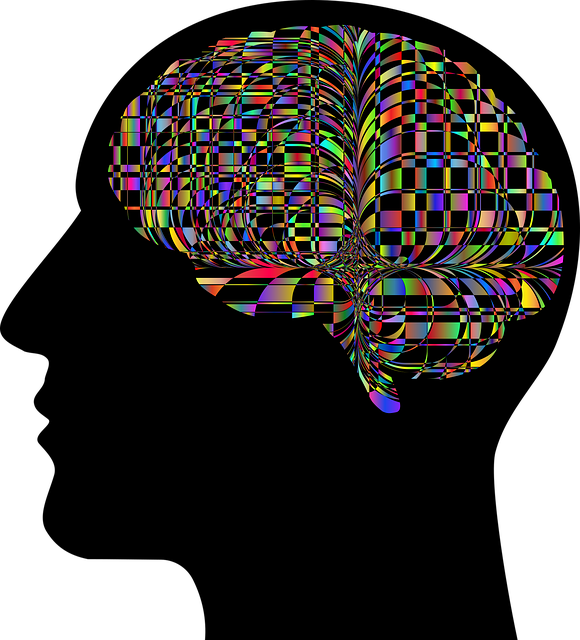Anxiety can disrupt daily life for blended families adjusting to new dynamics, triggered by financial worries, relationship issues, or major transitions. Boulder Blended Families Therapy offers tailored coping strategies, self-care practices, and risk management planning using evidence-based methods like Cognitive Behavioral Therapy (CBT) and breathwork. They focus on burnout prevention, emotional regulation, and communication improvement through holistic approaches, including nutrition guidance and relaxation techniques. Community outreach programs enhance access to resources for managing anxiety within these unique family structures.
Anxiety is a common struggle, but managing it effectively needn’t be daunting. This comprehensive guide explores various techniques to help you take control of your mental well-being. From understanding anxiety’s triggers and symptoms to holistic approaches like Boulder Blended Families Therapy, we delve into evidence-based methods. Discover the power of Cognitive Behavioral Therapy (CBT), simple breathwork and relaxation techniques, and lifestyle adjustments that can transform your daily life, promoting calmness and resilience.
- Understanding Anxiety: Unraveling Common Triggers and Symptoms
- Boulder Blended Families Therapy: A Holistic Approach to Managing Anxiety
- Cognitive Behavioral Therapy (CBT): Retraining Your Mind for Calmness
- Breathwork and Relaxation Techniques: Finding Peace in the Present Moment
- Lifestyle Changes for Better Mental Health: Nutrition, Exercise, and Sleep
Understanding Anxiety: Unraveling Common Triggers and Symptoms

Anxiety is a natural response to stress and challenges, but when it becomes overwhelming, it can disrupt daily life. Understanding what triggers anxiety attacks or heightened anxiety levels is essential in managing this condition effectively. Common triggers include stressful life events, such as financial worries, relationship issues, or major transitions like moving houses or starting a new job. For blended families, navigating complex dynamics and adjusting to new living arrangements can be particularly challenging, often leading to increased anxiety for all members.
Recognizing the symptoms of anxiety is equally vital. Physical signs may include rapid heartbeat, sweating, trembling, or difficulty breathing. Emotional symptoms could manifest as feelings of dread, panic, or intense worry. Many individuals also experience sleep disturbances, loss of appetite, and fatigue. By identifying these triggers and symptoms, Boulder Blended Families Therapy can assist families in developing tailored coping strategies, incorporating effective self-care practices, and even implementing risk management planning for mental health professionals to ensure a supportive environment. Additionally, community outreach program implementations can further enhance access to resources and support for those dealing with anxiety.
Boulder Blended Families Therapy: A Holistic Approach to Managing Anxiety

Boulder Blended Families Therapy offers a unique and holistic approach to managing anxiety, recognizing that each individual’s experience is shaped by their family dynamics and personal history. This therapeutic model understands that addressing anxiety effectively requires a comprehensive strategy that considers all aspects of an individual’s life, especially within the context of blended families. By incorporating evidence-based practices tailored to these specific family structures, Boulder Blended Families Therapy aims to enhance communication, improve coping mechanisms, and foster a supportive environment for emotional regulation.
Through this approach, therapists focus on burnout prevention by equipping family members with tools to manage stress and maintain balanced lives. Resilience building is a key component, encouraging blended families to navigate challenges together and develop strategies that promote mental well-being. By prioritizing emotional regulation, the therapy enables family members to better understand and support each other, creating a harmonious atmosphere where anxiety can be effectively managed and reduced.
Cognitive Behavioral Therapy (CBT): Retraining Your Mind for Calmness

Cognitive Behavioral Therapy (CBT) is a powerful tool for managing anxiety by retraining your mind to focus on calmness and positive thinking. This therapy helps individuals identify and challenge negative thought patterns, replacing them with more rational and balanced perspectives. By engaging in regular CBT sessions with a qualified therapist, like those available at Boulder Blended Families Therapy, you can learn practical strategies to manage anxious thoughts and emotions.
One effective technique within CBT is emotional intelligence (EI) development, which enhances your ability to understand and regulate your own feelings, as well as recognize and respond appropriately to the emotions of others. This increased EI, combined with social skills training and mental wellness journaling exercises, can significantly reduce anxiety levels. Journaling provides a safe space to reflect on and challenge anxious thoughts, while social skills training improves communication and relationships, reducing social anxiety triggers.
Breathwork and Relaxation Techniques: Finding Peace in the Present Moment

In today’s fast-paced world, anxiety can feel like an ever-present companion, but there are powerful tools to help manage and overcome it. One such effective method is breathwork, a simple yet profound technique that can ground individuals firmly in the present moment. By focusing on slow, deep breaths, one can activate the body’s natural relaxation response, reducing stress and anxiety levels. This practice is particularly beneficial for those navigating life’s challenges, including Boulder blended families seeking therapy, as it provides an accessible way to find calm amidst chaos.
Relaxation techniques, when combined with breathwork, offer a comprehensive approach to mental health support. Services like Trauma Support can benefit from these practices, helping individuals process and release traumatic memories that may contribute to anxiety. Furthermore, Social Skills Training can incorporate relaxation methods to enhance coping strategies in social settings. Mental health professionals should also consider integrating risk assessment tools to ensure safe and effective treatment, especially when dealing with complex cases. These techniques empower individuals to take control of their mental well-being, fostering resilience and a deeper sense of self-awareness.
Lifestyle Changes for Better Mental Health: Nutrition, Exercise, and Sleep

Maintaining a healthy lifestyle is an essential component of managing anxiety and improving overall mental well-being, especially for those navigating life as part of a Boulder blended family. Nutrition plays a significant role in brain health; incorporating nutrient-rich foods like omega-3 fatty acids, vitamins B and D, and magnesium can positively impact mood and reduce anxiety symptoms. A balanced diet, free from excessive sugar and processed foods, is key to supporting the body’s natural ability to regulate stress hormones.
Regular exercise is another powerful tool in the fight against anxiety. Physical activity releases endorphins, often referred to as “feel-good” hormones, which can boost mood and reduce tension. Activities such as yoga and mindfulness walks combine movement with relaxation techniques, fostering a sense of calm. Building empathy within the family unit through open communication and understanding can further enhance these positive thinking strategies, strengthening connections and providing a supportive environment for everyone involved in Boulder blended families therapy.
Anxiety management is a multifaceted journey, and incorporating various techniques can help individuals reclaim their calm. From understanding triggers to adopting holistic approaches like Boulder Blended Families Therapy, every tool offers a unique path to resilience. Cognitive Behavioral Therapy provides mental retraining, while breathwork and relaxation techniques anchor practitioners in the present moment. Lifestyle adjustments, including nutrition, exercise, and sleep, further strengthen overall mental health. By exploring these diverse strategies, individuals can find tailored solutions for managing anxiety effectively and enhancing their quality of life.
